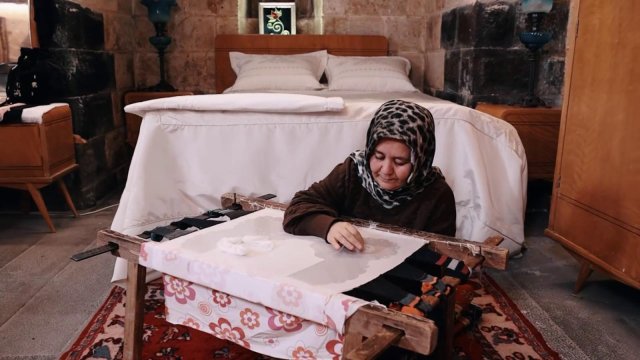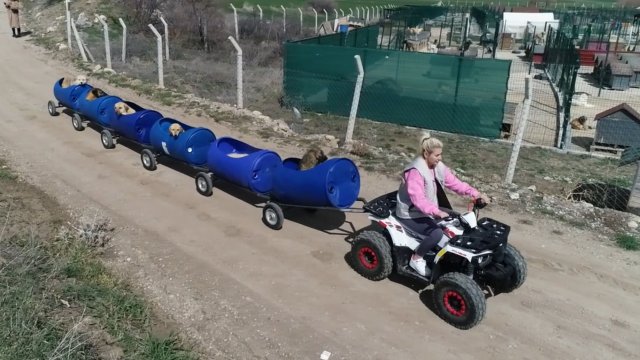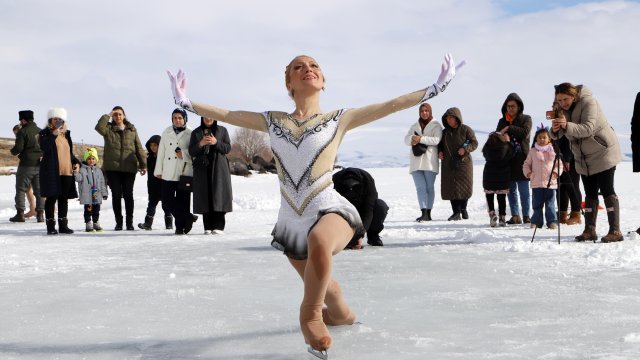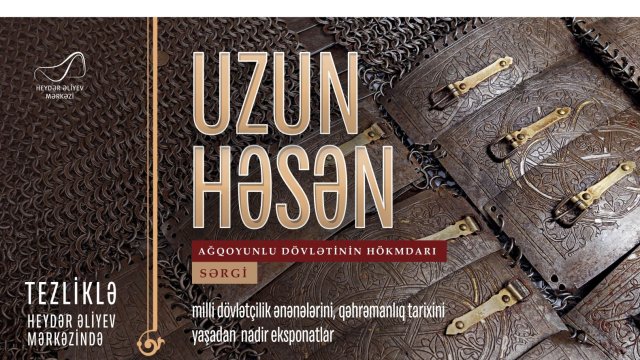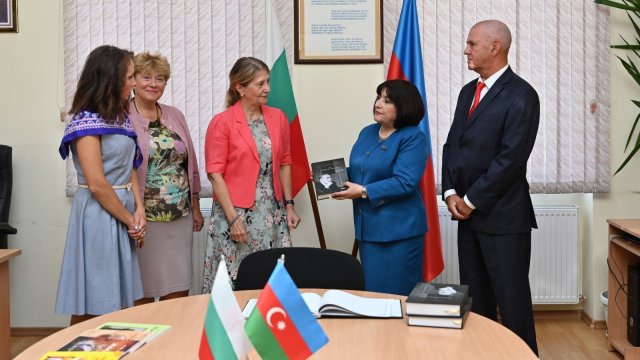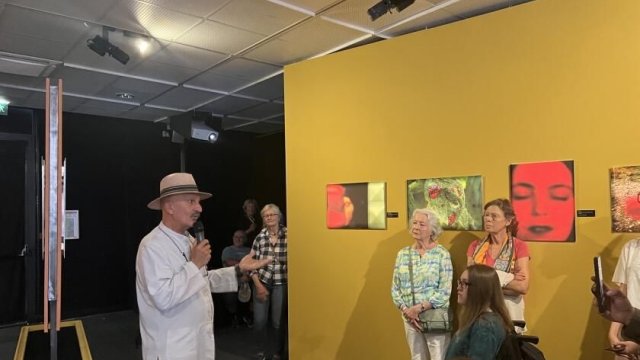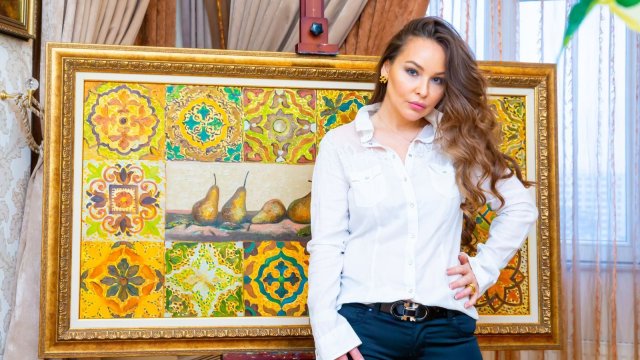The newest installment of the analytical video series "Dialogue with Tofig Abbasov" hit the airwaves on the expert platform Baku Network, showcasing the Honored Artist of Azerbaijan, outstanding musicologist and teacher, co-founder of modern Azerbaijani jazz Rafig Seyidzade, as the featured guest, Trend reports.
The conversation was deep and profound, covering important social and historical topics.
According to Seyidzade, the culture and friendship between nations have always been an integral part of life in Baku.
"I lived an international life. Multiculturalism in Baku was at its highest level. We created a society where everyone befriended each other: Georgians, Armenians, Russians, and Azerbaijanis. I always felt comfortable, whether in Tbilisi, Moscow, or Yerevan," he pointed out.
The musicologist emphasized that multiculturalism remains an important value of Azerbaijan today, and despite the tragic events of the past, the country continues to be open to representatives of different nationalities.
"Today, more than 35,000 Armenians live in Azerbaijan. They live in Baku and other cities, including Karabakh. Multiculturalism is our value, which is constantly renewed and enriched," he stressed.
During the conversation, Seyidzade spoke about his childhood and the historical events that affected his family.
He mentioned that his house still bore the marks of bullets from 1915, and his mother survived the Armenian massacre in Baku.
"My mother always taught me to respect people, despite what she had endured. In Armenia, on the other hand, children are raised from an early age in the spirit of hatred toward Azerbaijanis and Turks," he shared.
Besides, according to him, eradicating hatred in Armenian society will require decades of educational work and a revision of ideological approaches.
"The world cannot exist based on hostility. We must build borders, define them, and live in peace, cooperating and developing trade and culture. This is the key to our shared future," Seyidzade explained.
He also shared his impressions of visiting Shusha after the city's liberation from Armenian occupation.
"When I first drove through Fuzuli to Shusha, I saw destroyed cities and villages. It resembled a landscape after a locust invasion—ghost towns. It was impossible to look at these ruins, but today we are bringing life back to Shusha. It will once again become a center of culture and friendship," he said.
The musicologist underscored that Azerbaijanis have always treated neighboring peoples with respect.
He noted that the cause of hostility lies not in genetics or culture, but in politics and incorrect upbringing.
"We must strive for dialogue, interaction, and peaceful coexistence. Hostility drains energy. Only cooperation can create conditions for progress," concluded Seyidzade.



